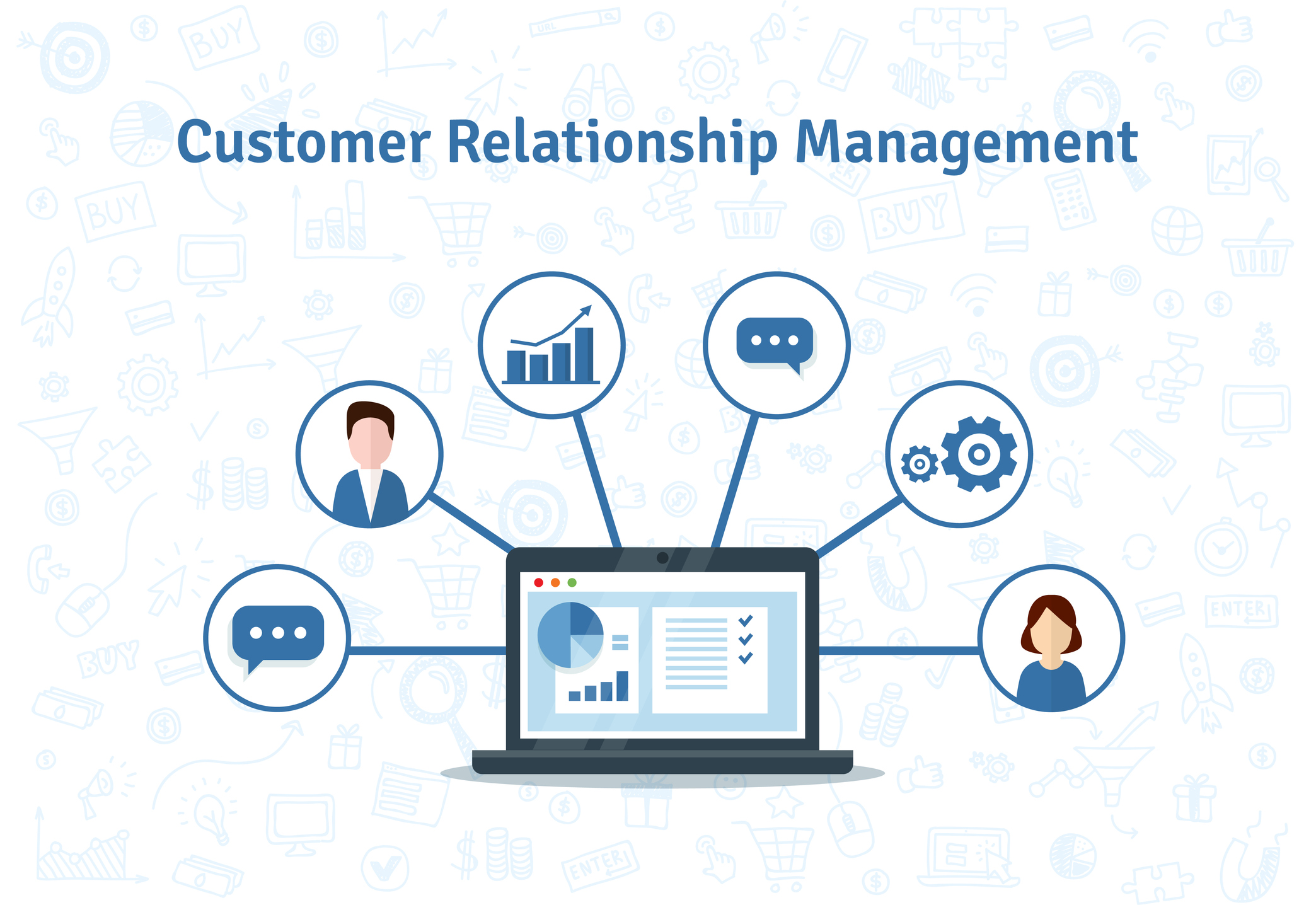CRM Software in 2025: Choosing the Best Fit

Navigating the CRM Landscape: Choosing the Perfect Platform for Your Business in 2025
Customer Relationship Management (CRM) software has evolved from a simple database to a powerful engine driving sales, marketing, and customer service. In 2025, with increasingly complex business environments and higher customer expectations, selecting the right CRM isn’t just beneficial—it’s essential for survival. This post will delve into popular CRM platforms, outlining their strengths and weaknesses to help you make an informed decision that aligns perfectly with your business needs.
Understanding Your Needs: The Foundation of CRM Selection
Before even looking at specific software, it’s crucial to thoroughly assess your business requirements. A hasty selection based on flashy features or vendor promises can lead to wasted investment and frustration. Consider these questions:
- What are your primary goals for implementing a CRM? Increased sales, improved customer retention, streamlined marketing campaigns, better data visibility?
- How many users will need access to the system? This impacts licensing costs significantly.
- What is your budget? Costs vary widely between platforms and deployment models (cloud vs. on-premise).
- Which departments will utilize the CRM? Sales, marketing, customer service—each has unique needs.
- Do you need integrations with other systems? Accounting software, email marketing platforms, e-commerce tools – interoperability is key.
- What level of technical expertise do you have in-house? Some CRMs are more user-friendly than others.
Documenting these needs will create a clear roadmap for your CRM selection process.
Popular CRM Platforms: A Detailed Review
Let’s examine some leading CRM platforms, highlighting their key features and suitability for different business sizes:
Salesforce
Overview: Salesforce remains the undisputed market leader, known for its comprehensive functionality and scalability. It caters to businesses of all sizes, from startups to large enterprises.

Strengths: Extensive features covering sales, service, marketing, and analytics; highly customizable with Apex development language; vast app marketplace (AppExchange) for integrations; robust reporting capabilities; strong community support.
Weaknesses: Can be complex to implement and manage, especially without experienced administrators; higher cost compared to other options; potential for feature bloat – not all features are necessary for smaller businesses.
Ideal For: Large enterprises with complex sales processes, companies requiring extensive customization, organizations needing a wide range of integrated business solutions.
Microsoft Dynamics 365
Overview: Microsoft Dynamics 365 offers a suite of interconnected applications, including Sales, Marketing, Service, and Finance. It integrates seamlessly with other Microsoft products (Office 365, Power BI).
Strengths: Tight integration with the Microsoft ecosystem; strong analytics capabilities through Power BI; flexible deployment options (cloud, on-premise, hybrid); good value for organizations already using Microsoft products.
Weaknesses: Can be complex to configure and customize; user interface can feel less intuitive than some competitors; pricing structure can be confusing.
Ideal For: Businesses heavily invested in the Microsoft ecosystem, companies needing strong financial management capabilities alongside CRM functionality.
HubSpot CRM
Overview: HubSpot CRM is renowned for its user-friendliness and focus on inbound marketing. It offers a free version with basic features, making it attractive to small businesses.
Strengths: Easy to use and implement; excellent for lead generation and nurturing; strong integration with marketing automation tools; generous free tier available; good reporting dashboards.
Weaknesses: Limited functionality in the free version; paid plans can become expensive as you scale up; customization options are less extensive than Salesforce or Dynamics 365.
Ideal For: Small to medium-sized businesses focused on inbound marketing, companies needing a user-friendly CRM with strong lead generation capabilities.
Zoho CRM
Overview: Zoho CRM is known for its affordability and extensive features. It offers a wide range of applications within the Zoho suite.
Strengths: Competitive pricing; broad feature set covering sales, marketing, and service; strong customization options through Deluge scripting language; integrated with other Zoho apps (Zoho Books, Zoho Campaigns); mobile app available.
Weaknesses: User interface can feel dated compared to some competitors; reporting capabilities are not as advanced as Salesforce or Dynamics 365.
Ideal For: Small to medium-sized businesses seeking a cost-effective CRM with comprehensive features, organizations wanting integration within the Zoho ecosystem.
Pipedrive
Overview: Pipedrive is a sales-focused CRM designed specifically for small and growing sales teams.
Strengths: Visually intuitive pipeline management; easy to use and implement; strong focus on sales activities; affordable pricing tiers; good mobile app experience.
Weaknesses: Limited marketing automation features compared to other platforms; less customization than Salesforce or Dynamics 365.
Ideal For: Small sales teams focused solely on managing their sales pipeline, businesses needing a simple and intuitive CRM for tracking deals.
Deployment Models: Cloud vs. On-Premise
The deployment model significantly impacts your CRM investment.
- Cloud-Based CRMs (SaaS): Hosted by the vendor, accessible via web browser; lower upfront costs, automatic updates, easier implementation.
- On-Premise CRMs: Installed and managed on your own servers; greater control over data security, higher initial investment, requires IT expertise.
In 2025, cloud-based CRMs are increasingly dominant due to their cost-effectiveness and scalability. However, companies with strict data compliance requirements or unique security needs might still consider on-premise solutions.
Key Considerations for 2025 & Beyond
Looking ahead to 2025, several trends will influence CRM selection:
- AI and Machine Learning: Expect increased integration of AI features for sales forecasting, lead scoring, and personalized customer experiences.
- Mobile Optimization: Robust mobile apps are crucial for salespeople on the go.
- Data Privacy & Security: GDPR and other data privacy regulations will continue to shape CRM design and compliance requirements.
- Integration with Communication Platforms: Seamless integration with platforms like Slack, Microsoft Teams, and WhatsApp is becoming increasingly important.
Conclusion: Finding Your Perfect Fit
Choosing the right CRM software requires careful consideration of your business needs, budget, and technical capabilities. Don’t rush the decision—thoroughly evaluate different platforms through demos, trials, and user reviews. The best CRM isn’t necessarily the most feature-rich or expensive; it’s the one that empowers your team to build stronger customer relationships, drive sales growth, and achieve your business objectives in 2025 and beyond.


